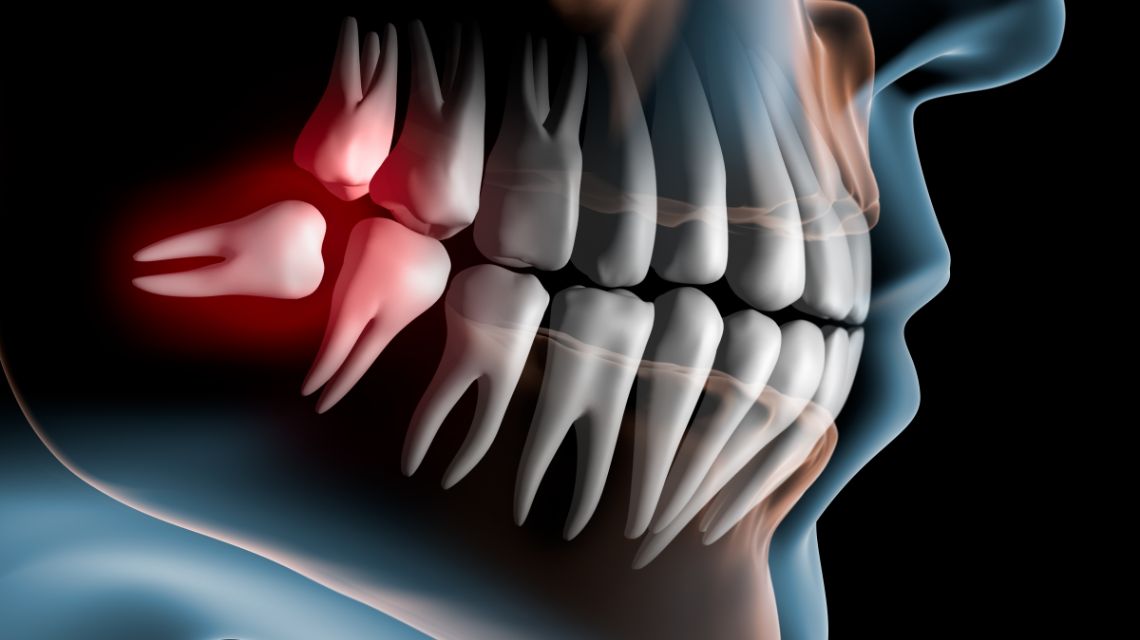
Wisdom teeth are the third set of molars in the back of your mouth. They usually appear between the ages of 17 and 25, and X-rays reveal them.
Why are Wisdom Teeth Removed?
- They’ve been affected– Wisdom teeth may not come in generally because they are so far back in your mouth. They might get stuck in your jawbone or gums, causing pain.
- They come from the incorrect angle– They may press against your other teeth.
- Your mouth isn’t big enough– An extra set of molars won’t fit in your jaw.
- You have gum disease or cavities– Your toothbrush or dental floss may not be able to reach your wisdom teeth.
What Causes Bad Breath?
There can be many different causes of bad breath, and the most common ones are:
Who can perform Wisdom Tooth Removal?
Numerous general dentists at a dental clinic nearby can and will extract a person’s wisdom teeth. Although every general dentist receives training in this area, some may choose not to offer it in their practice.
An oral surgeon is especially beneficial for wisdom tooth removal operations because they specialise in invasive procedures. A person’s primary dental doctor will frequently refer them to an oral surgeon. The oral surgeon will have the space and equipment needed to accomplish a proper wisdom tooth extraction.
A maxillofacial surgeon can also do wisdom tooth removal. Oral and maxillofacial surgeons focus on the mouth, jaw, neck, and face, among other things. They have been trained to understand the hard and soft tissues of the mouth, which is why they can execute wisdom teeth removal.
A periodontist is a dental doctor who focuses on the teeth’s supporting structures. They are a fantastic type of specialist who may execute wisdom tooth removal regularly. They are capable of removing wisdom teeth since they are adequately schooled in the supporting structures of the teeth.
How is Wisdom Tooth Removal Done?
The entire wisdom tooth extraction procedure could take another 45 minutes to an hour, depending upon your dental doctor’s expertise. In some circumstances, depending on the complexity, it may take longer than expected.
- Sedation: You could be sedated with intravenous (IV) medication or nitrous oxide (laughing gas). With nitrous oxide, you will be provided with a mask that fits over your nose and allows you to inhale the sedative while remaining awake.
- Numbing: A local anaesthetic can numb the wisdom teeth and their surrounding tissues.
- Bone and Tissue removal: To reach the wisdom tooth, any gum tissue covering the area where it is located is removed. An impacted wisdom tooth may be totally or partially covered by bone. If this is the case, the bone that surrounds the tooth must be removed by the surgeon.
- Tooth removal: Once the wisdom tooth has become loose, the surgeon will use sophisticated surgical instruments to remove it.
What are the Possible Complications of Wisdom Tooth Removal?
Wisdom teeth removal is seldom associated with long-term problems. Occasionally, humans may develop:
- Sockets without moisture (loss of blood clot resulting in exposed bone).
- Other oral structures, such as the jawbone, nerves, sinuses, or neighbouring teeth, may be harmed.
Take immediate advice from the dental clinic nearby you if pain or swelling sustains.
Wisdom Teeth Removal Aftercare
Here are some broad tips to help you heal more quickly following wisdom teeth extraction:
- For the first several days, try to rest as much as possible.
- For 48 to 72 hours, avoid intense activities.
- To help minimise swelling, use a cold compress or ice pack on your face.
- Soak the surgery sites in an antibacterial mouthwash to keep them clean.
- Swishing forcefully might remove blood clots and lead to dry sockets.
- Brush your teeth normally for the rest of your life.
- Take all medications as directed, including antibiotics and pain relievers.
Conclusion
Your wisdom teeth, also known as third molars, are usually the last teeth to erupt in your mouth. Wisdom teeth can be advantageous if they are healthy and functional. However, there are other reasons why you might need to have your wisdom teeth removed. In some circumstances, your wisdom teeth are perfectly healthy, but they must be extracted due to orthodontic therapy. Do consult your dental specialist for more information on the same.
Request an appointment at Apollo Dental, Pune Call 1800 1020 288 to book an appointment OR click on this link
You should feel no pain and just minor discomfort (if any) during the operation. The extraction site may be painful for several days after the surgery.
1. Blood clots form over the extraction sites to help your mouth heal after wisdom teeth extraction. 2. Swelling and Pain 3. Mouth opening is limited. 4. Bleeding excessively. 5. Numbness of the lips.
Our jawbones protect and hold wisdom teeth in place, which rarely happens.
Try to sleep with your head up a few nights after the surgery.















































